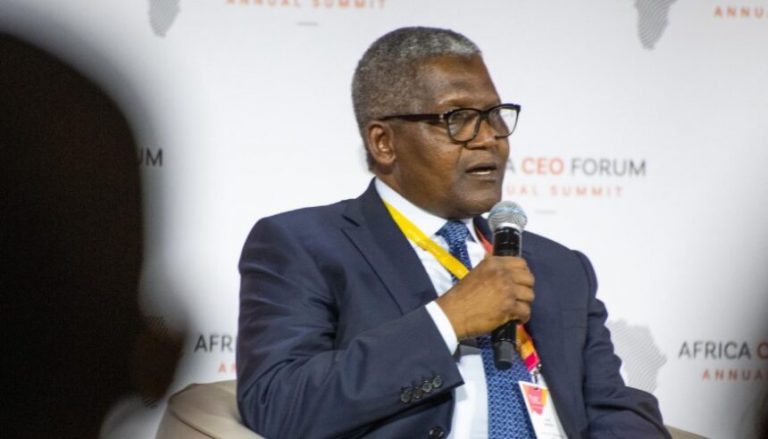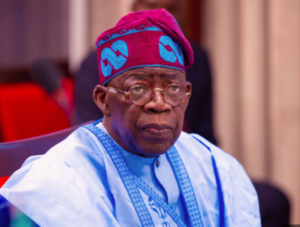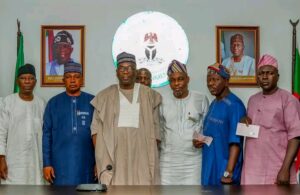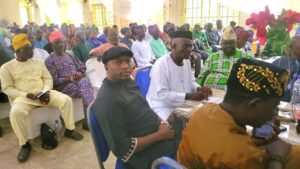
President of the Dangote Group, Alhaji Aliko Dangote, has cast serious doubt over the viability of Nigeria’s state-owned refineries, declaring that the facilities in Port Harcourt, Warri, and Kaduna—managed by the Nigerian National Petroleum Company Limited (NNPCL)—may never resume meaningful operations.
Speaking on Thursday while hosting members of the Global CEO Africa delegation from the Lagos Business School during a tour of the Dangote Petroleum Refinery in Lekki, Lagos, Dangote lamented that despite an estimated $18 billion expenditure, the refineries remain dormant.
According to the industrialist, the decision to establish his 650,000 barrels-per-day facility followed a failed acquisition of the state-owned refineries, which was reversed by the administration of the late President Umaru Musa Yar’Adua in 2007. Dangote disclosed that under former President Olusegun Obasanjo, he had acquired the refineries, only for Yar’Adua to revoke the deal months later, claiming the sale was improperly executed.
Recounting the episode, he stated:
“We acquired the refineries in January 2007, and shortly after, the new administration insisted we return them. The then Managing Director of the refineries misled the President into believing they could make them work. Today, nearly $18 billion has been sunk into them, yet they remain inactive. Frankly, I doubt they will ever work again.”
Dangote likened the repeated attempts to revive the obsolete infrastructure to retrofitting a decades-old vehicle with modern components.
“Trying to modernise a refinery that’s over 40 years old is futile. Even if you replace the engine, the body cannot withstand the strain of advanced systems,” he said.
His comments echo those of former President Obasanjo, who had also questioned the operational integrity of the refineries. Obasanjo previously claimed that oil majors like Shell had declined to manage the facilities, citing their poor condition. According to him, the NNPC was aware it could not revive the plants but perpetuated the illusion to sustain internal corruption.
Obasanjo revealed that Dangote and other investors paid $750 million for the refineries before Yar’Adua reversed the deal. “I warned Yar’Adua. I told him these refineries will not work. Years later, they’re still comatose,” he stated.
Referencing a Yoruba proverb, the former president compared government claims to a farmer who harvested 100 heaps of yam but insisted he had planted 200. “You’ll also get 100 heaps of lies,” he quipped.
Amid mounting criticism and recurring shutdowns, calls for the privatisation of NNPCL refineries have grown louder. The Port Harcourt refinery—reportedly refurbished and declared operational—was recently shut down again, just six months later. Similarly, the Warri facility was shut one month after its so-called relaunch.
Industry stakeholders, including the Manufacturers Association of Nigeria, have described the refineries as economic liabilities, urging the Federal Government to sell them off. Crude oil refiners have even recommended scrapping the facilities altogether and reinvesting the proceeds in modular refineries.
Available data reveals staggering financial outlays on the non-functional refineries. In 2021 alone, $1.4 billion was approved for the rehabilitation of Port Harcourt, $897 million for Warri, and $586 million for Kaduna. In addition, N100 billion was reportedly disbursed in 2021 with an average monthly spend of N8.33 billion. Between 2013 and 2017, $396.33 million was spent on Turnaround Maintenance—yet no results have materialised.
Despite mounting criticism, the NNPCL has remained silent. As at the time of filing this report, its communication channels remained unresponsive, and the Corporation currently has no designated spokesperson.




![[PHOTOS] MOK Movement Disburses ₦300,000, Distributes Food Items to the Aged in Offa During Weekly Empowerment Programme](https://newsbulletin.com.ng/wp-content/uploads/2025/10/FB_IMG_1760379043455-300x300.jpg)


